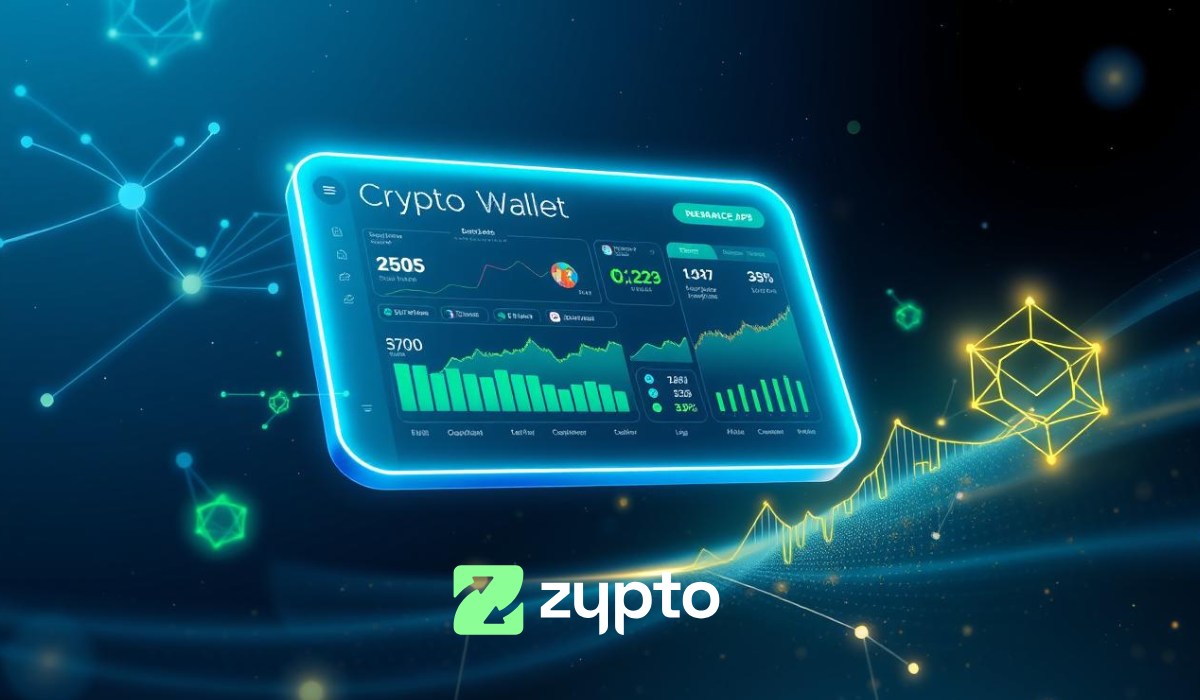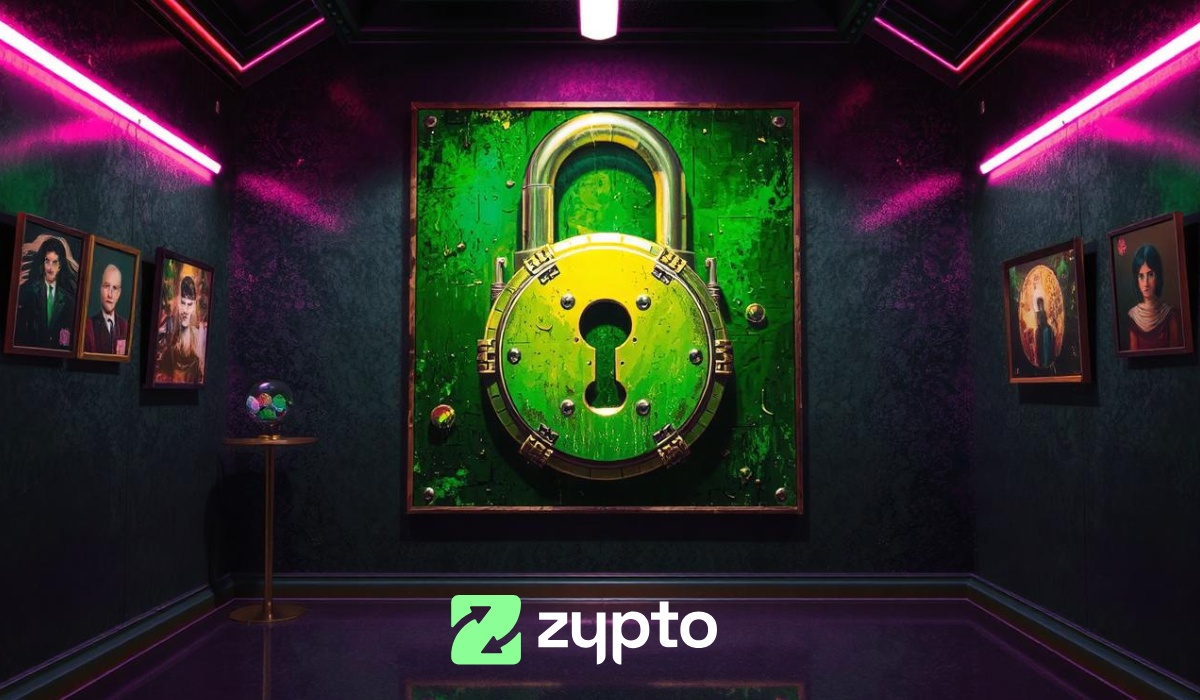White label crypto wallet development has entered a new era.
As the demand for branded digital asset solutions grows, driven by banks, exchanges, fintechs, and even traditional finance, so too has the complexity of what a white label wallet must deliver. It’s no longer just about slapping a logo on a basic app. In 2025, it’s about performance, interoperability, regulation, and user trust.
Whether you’re exploring the market or already planning your launch, here’s what to expect from the future of white label crypto wallet development.
1. Beyond Branding: Full UX Control
In early white label setups, companies were often limited to surface-level customisation. In 2025, that’s no longer acceptable.
Now, white label wallet solutions allow extensive UI and UX configuration, from colour schemes and icons to menu structures and feature prioritisation. Users expect your brand to feel native, not like a clone.

2. Multichain is Non-Negotiable
Single-chain wallets are rapidly becoming obsolete. Users move across chains constantly, swapping stablecoins, engaging with DeFi, or sending assets across L2s and sidechains.
The best white label wallets now support:
- Bitcoin, Ethereum, Ripple, BNB, Tron, Avalanche and other top chains
- EVM support for hundreds of Web3 assets and dApps
- L2 chains like Arbitrum, Base, and Optimism
- Built-in stablecoin support for global payments
3. Integrated Onramps and Offramps
In 2025, fiat integration isn’t optional – it’s essential. Whether you’re onboarding users in the EU, LATAM, or Asia, direct access to fiat onramps and offramps unlocks utility and user retention.
Expect:
- Global KYC-ready fiat gateways
- Support for 130+ currencies
- Offramps to cards and bank accounts
4. Swaps, Earn, and Real-World Utility
Modern wallet users don’t just hold crypto – they use it. That’s why today’s white label wallet stacks are expected to support:
- Cross-chain asset swaps
- Staking or yield integrations
- Real-world payments via crypto cards, mobile top-ups, bill pay, and gift cards
In short: utility is what sets top-tier white label wallets apart.

5. Regulation-Ready Infrastructure
Whether you’re serving retail users, corporates, or launching in multiple jurisdictions, compliance is non-negotiable.
In 2025, strong white label solutions must support:
- Global AML and KYC workflows
- Transaction monitoring and wallet scoring
- Flexible API-based integration for third-party compliance tools
Why Work With Zypto?
At Zypto, we specialise in high-performance white label crypto wallet development for banks, exchanges, fintechs, and DeFi projects.
Our infrastructure supports:
- 24,000+ digital assets across multiple chains
- Real-world spending via Zypto crypto cards
- Full ecosystem integrations: bill pay, mobile top-ups, gift cards
- Deep customisation and regulatory support
We help brands across multiple sectors launch fast, scale globally, and stay ahead.
Planning a Wallet in 2025? Let’s Talk.
If you’re considering launching your own wallet this year, now’s the time to explore the full potential of white label crypto wallet development.
Book a consultation call to walk through your requirements and discover what’s possible with Zypto.

FAQs
What is white label crypto wallet development?
White label crypto wallet development is the process of launching a fully branded, ready-made wallet app built on a third-party platform. It allows businesses to enter the crypto market faster by customising an existing wallet infrastructure, rather than building their own from scratch.
Who should consider launching a white label crypto wallet?
White label wallets are ideal for exchanges, fintech startups, crypto projects, neobanks, and payment service providers looking to add digital asset functionality without the cost and complexity of in-house development.
What features can be included in a white label wallet?
Features typically include multichain asset support, non-custodial security, fiat onramps and offramps, in-app swaps, cold storage options, and real-world utilities like crypto cards and bill pay. Custom integrations and branding are available depending on provider capabilities.
How long does it take to launch a white label wallet?
While timelines vary by provider and scope, Zypto’s white label wallet clients typically go from consultation to live product in a matter of weeks—not months or years.
Is it possible to add custom tokens or blockchain support?
Yes. Most white label providers support the integration of custom tokens, blockchains, or dApp modules. Zypto’s infrastructure is designed to be modular, scalable, and highly adaptable to project-specific requirements.






















0 Comments